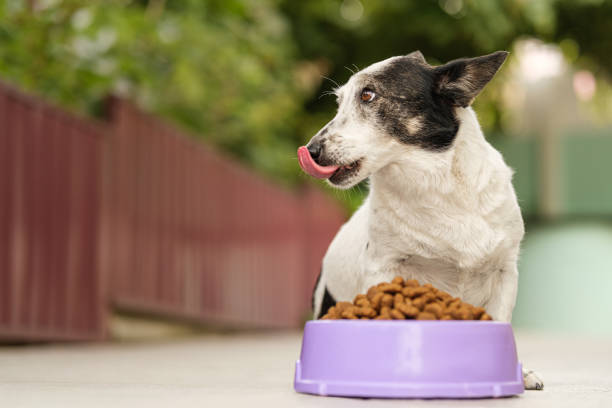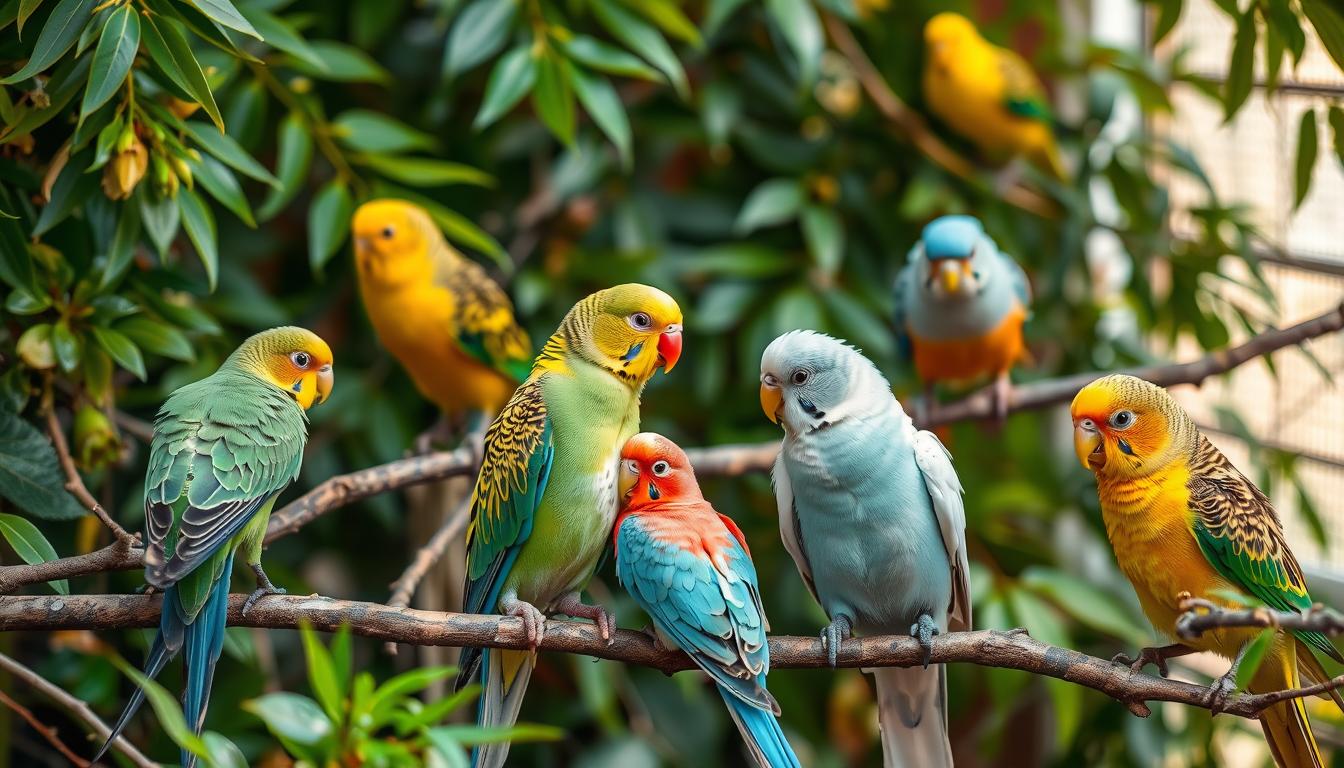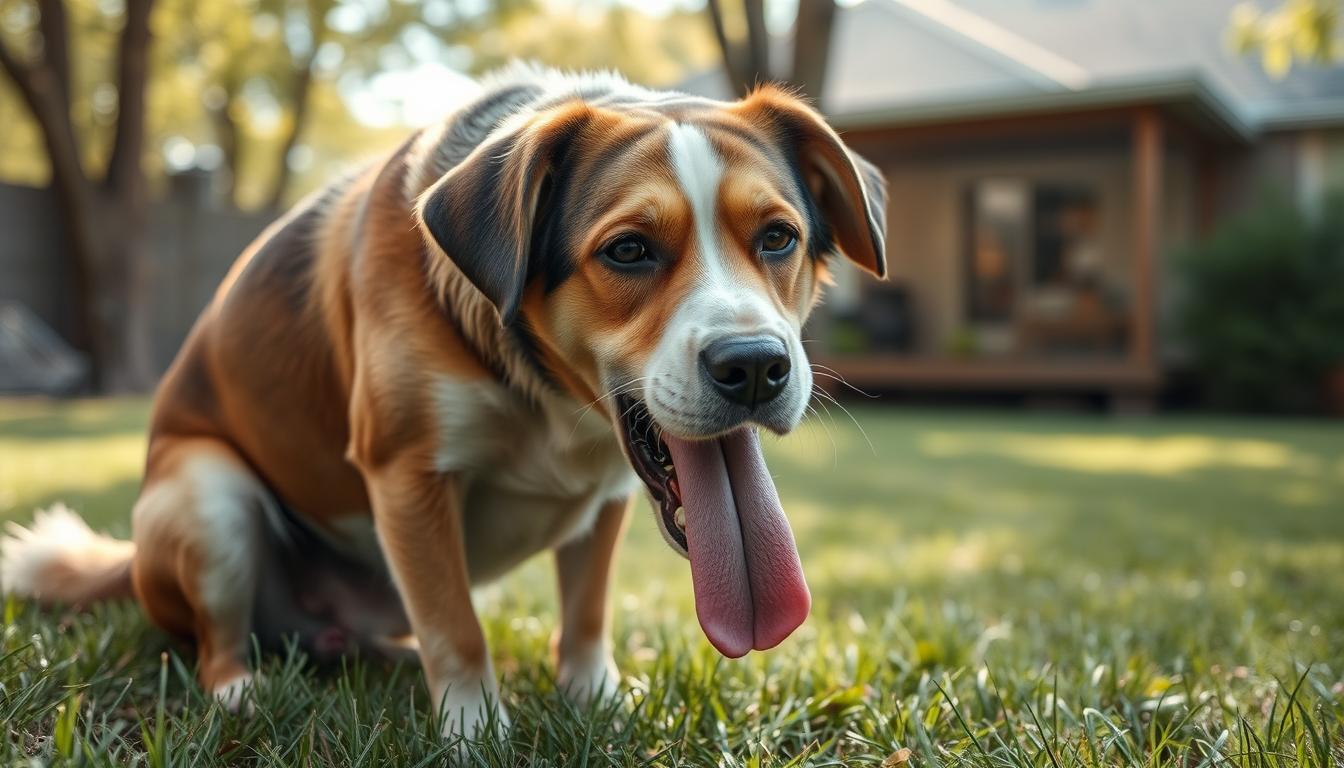Ultimate Chow Chow Diet: The Best Pet Foods to Keep Them Thriving

Introduction
Keeping your Chow Chow happy and healthy starts with their diet. Just like us, our furry friends need the right balance of nutrients to thrive. In this comprehensive guide, we’ll dive into everything you need to know about feeding your Chow Chow, ensuring they live a long, vibrant life.

Understanding Chow Chow Nutritional Needs
General Dietary Requirements
Each dog requires a well-rounded diet composed of proteins, carbohydrates, fats, vitamins, and minerals.
These components are crucial for maintaining muscle mass, energy levels, and overall health.
Specific Needs of Chow Chows
Chow Chows, with their unique build and dense coat, have specific dietary needs. They require higher protein content to support their muscular frame and skin health, and certain fats to maintain their luxurious fur.
Choosing the Right Dog Food
Commercial Dog Food vs. Homemade
Choosing between commercial dog food and homemade meals can be challenging.Every choice comes with its own advantages and disadvantages.
Pros and Cons of Each
Commercial Dog Food:
Pros: Convenient, nutritionally balanced, regulated for safety.
Cons: Can contain fillers and preservatives, sometimes less fresh.
Homemade Dog Food:
Pros: Fresh ingredients, control over ingredients, no preservatives.
Cons: Time-consuming, risk of unbalanced nutrition if not done correctly.
Key Ingredients for a Healthy Chow Chow Diet
Proteins
Proteins are vital for muscle development and repair. Opt for high-quality sources like chicken, beef, lamb, and fish.
Carbohydrates
Carbohydrates are a key energy source, with excellent options being rice, sweet potatoes, and oats. Steer clear of fillers such as corn and soy, as they provide minimal nutritional benefit.Fats are essential for keeping your pet’s coat glossy and their skin in top condition.
Fats
Vitamins and Minerals
These are necessary for overall well-being. Ensure your Chow Chow gets enough vitamins A, D, E, and minerals like calcium and phosphorus.
Best Commercial Dog Foods for Chow Chows
Dry Kibble
Dry kibble is a popular choice due to its convenience and shelf stability. Look for high-protein, grain-free options with natural ingredients.
Wet Food
Wet food is more palatable and hydrating. Choose varieties with real meat and no artificial additives.
Freeze-Dried and Dehydrated Options
These alternatives are minimally processed and preserve more nutrients.
They can be rehydrated with water for a fresh, wholesome meal.

Essential Ingredients for Homemade Meals
Include lean meats, vegetables like carrots and peas, and healthy grains. Ensure a balanced diet by consulting with a vet or a pet nutritionist.
Raw Diet for Chow Chows
What is a Raw Diet?
A raw diet consists of uncooked meat, bones, and organs, mimicking what dogs might eat in the wild.
Benefits and Risks
Benefits: Improved coat, higher energy levels, better digestion.
Risks: Potential for bacterial contamination, nutritional imbalance if not properly planned.
Foods to Avoid
Toxic Foods
Some foods are toxic to dogs, including chocolate, grapes, onions, and garlic. Always keep these out of reach.
Common Allergens
Common allergens for Chow Chows include wheat, soy, and certain proteins. Monitor your dog for signs of allergies like itching and gastrointestinal issues.
Feeding Puppies vs. Adult Chow Chows
Nutritional Needs of Puppies
Puppies need more protein and calories to support their growth. Choose a high-quality puppy food with the right balance of nutrients.
Transitioning to Adult Food
As your Chow Chow grows, gradually switch to adult food to prevent digestive upset. This transition usually happens around 12 months of age.
Senior Chow Chow Diet
Adjusting Diet for Aging Dogs
Senior dogs require fewer calories but more fiber. Look for senior-specific formulas that support joint health and digestion.
Special Considerations for Seniors
Consider supplements for joint health, like glucosamine and chondroitin, and ensure their diet is easy to chew and digest.
Portion Control and Feeding Schedule
How Much to Feed Your Chow Chow
The appropriate portion sizes for your dog vary based on their age, weight, and activity level.
Follow the guidelines on food packaging and adjust as needed.
Ideal Feeding Times
Consistency is key. Feed your Chow Chow at the same times each day, usually twice a day for adults and more frequently for puppies.
Dealing with Picky Eaters
Tips to Encourage Eating
Make mealtime exciting by rotating flavors and textures. Avoid free-feeding and stick to a schedule.
When to Consult a Vet
If your Chow Chow consistently refuses food or shows signs of illness, consult your vet to rule out underlying health issues.
Supplements for Chow Chows
Necessary Supplements
Consider adding omega-3 fatty acids, glucosamine, and probiotics to support overall health and well-being.
When to Add Them to the Diet
Supplements should be added when recommended by a vet, especially if your Chow Chow has specific health concerns.
Hydration: The Importance of Water
Ensuring Your Chow Chow Stays Hydrated
Always provide fresh, clean water. Monitor their water intake, especially in hot weather.
Signs of Dehydration
Watch for signs like dry gums, lethargy, and loss of skin elasticity. If you notice these, ensure your dog drinks water and consult a vet if needed.
Conclusion
Feeding your Chow Chow a balanced, nutritious diet is essential for their health and happiness. By understanding their specific needs and choosing the right foods, you can ensure they live a long, vibrant life.
FAQs
What human foods are safe for Chow Chows?
Chow Chows can safely eat lean meats, some fruits (such as apples and blueberries), and vegetables (like carrots and green beans). Be sure to avoid harmful foods like chocolate and onions.
How often should I feed my Chow Chow?
Feed adult Chow Chows twice daily, while puppies might need three to four smaller meals spread throughout the day.
Can Chow Chows be vegetarian?
Although dogs are omnivores, ensuring a balanced vegetarian diet can be difficult. Always consult a veterinarian before opting for this diet to make sure all nutritional requirements are satisfied.
What should I do if my Chow Chow has food allergies?
If you suspect food allergies, consult your vet. They may recommend an elimination diet to identify the allergen and suggest hypoallergenic food options.Choose wholesome, natural treats and steer clear of those containing artificial additives.



